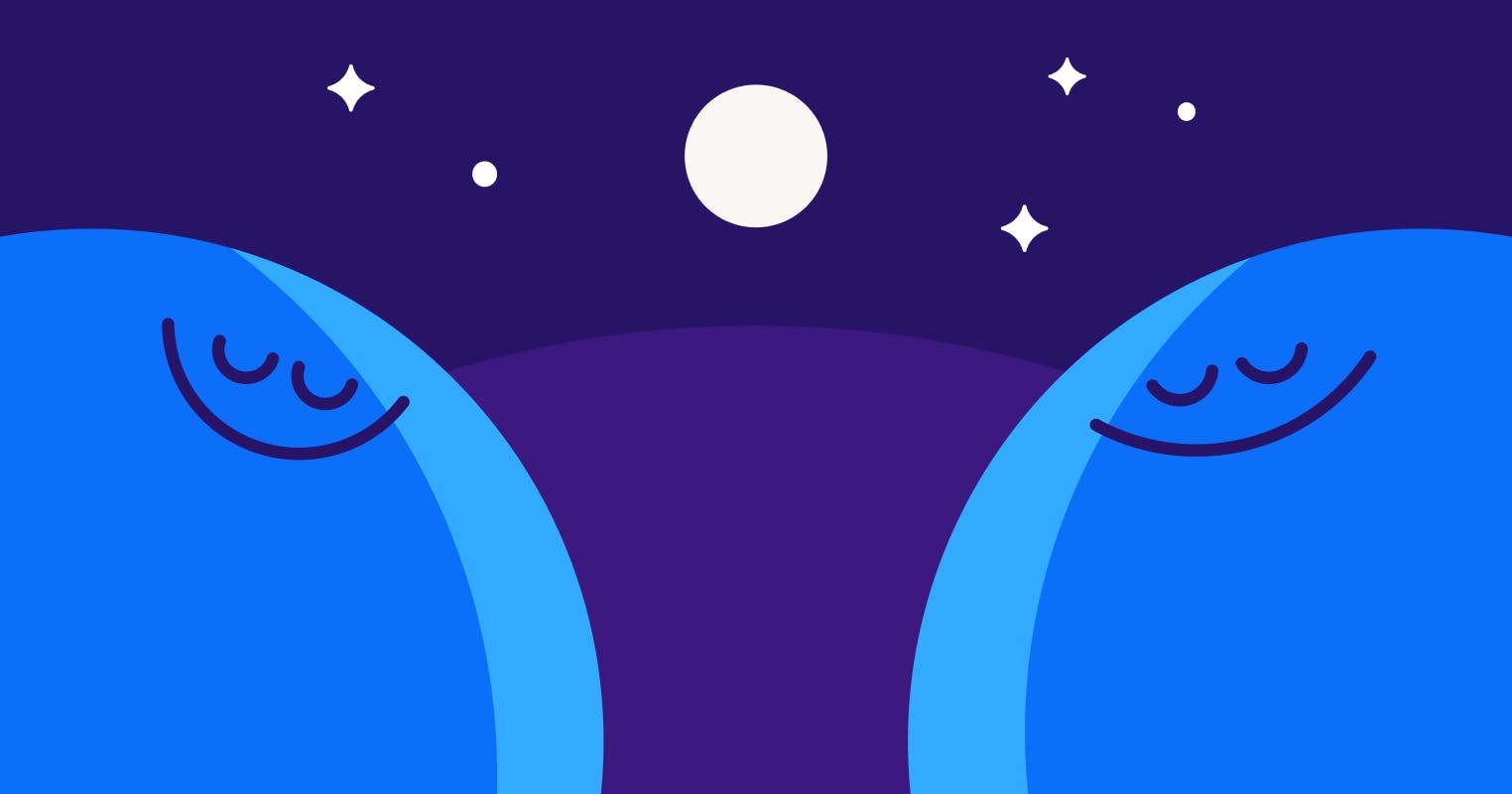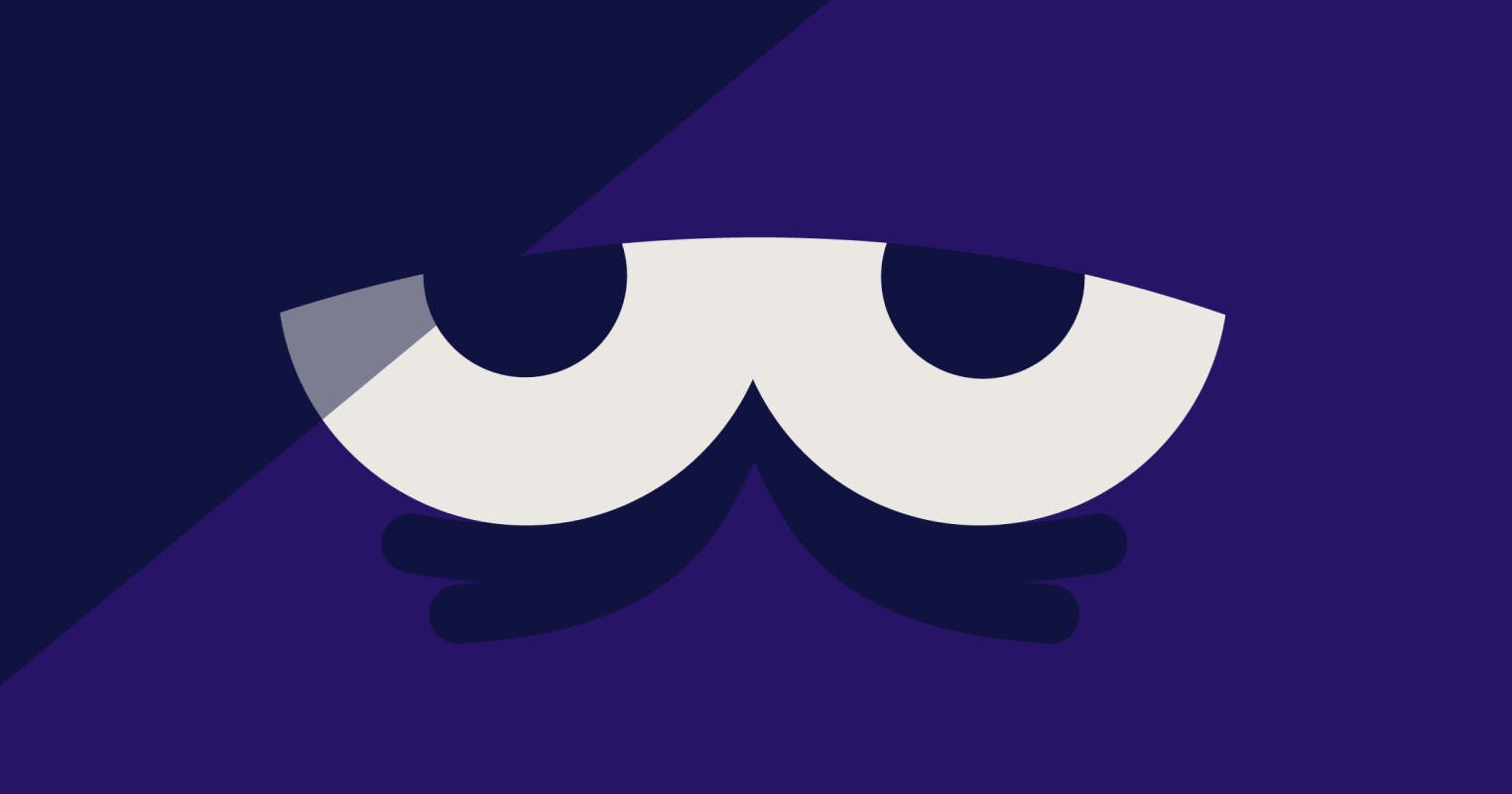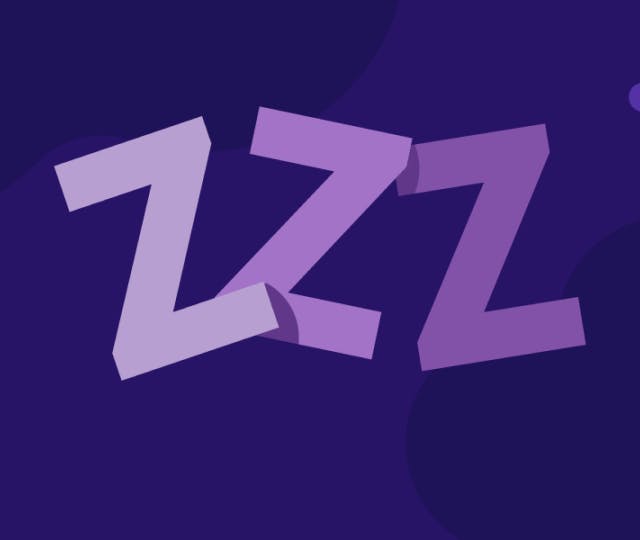Why do I wake up tired?
By Your Headspace Mindfulness & Meditation Experts
Mar 22, 2021
Not everyone can dance out of bed when it's time to start the day. But if it's a struggle to drag yourself from under the covers on a regular basis — even after a good night’s sleep or that tiredness persists for a prolonged period — it can start to have a negative impact on your ability to live your life to the fullest.
So if you regularly find yourself asking, “Why am I so tired in the morning?” then maybe it's worth reviewing your habits — in the day and at night — that could be contributing to that grogginess.
Here, we will look at the reasons you could be waking up tired and what you can do to start the morning by placing your best foot forward and continuing that momentum throughout your day — whether you're naturally a morning person or not.
Ready to get better sleep?
Start your free trial
1-minute power nap prep
Wind down whenever with this short, calming video.

Watch Underlying Calm
1 min
Reasons for waking up tired
In the last hour or so of sleep, your natural body clock releases cortisol and other hormones that prepare you to wake up, leading to you waking naturally, during a period of light sleep. But if you're woken by an alarm, it could go off during a period of deeper sleep which might leave you feeling more groggy.
For most people, feeling tired when you wake up is the result of sleep inertia, which is a natural feeling you experience as you transition between being asleep and awake. This feeling generally dissipates between 15 and 60 minutes after waking, but for some it can last longer. So if you are wondering why you’re still tired after 8 hours of sleep, this perfectly normal occurring phenomenon could be one explanation.
That said, sleep inertia can affect our motor and cognitive skills, so it can be frustrating if you have to be alert soon after waking. In some cases, it can even be dangerous — especially for anyone who has to drive for work, be on call, or perform safety-critical tasks.
But for some people, there could be an underlying medical or sleep condition playing a part.
These conditions include insomnia, which is when you have trouble falling or staying asleep. Primary insomnia is not linked to a health problem. It is caused by factors that can include stress from significant life events, or changes to your sleep schedule. Or it could be secondary insomnia, which is linked to health conditions like mental health issues, other sleep disorders, illness, or pain — and it can be acute or chronic. Acute insomnia lasts anywhere from one night to a few weeks and often needs no medical treatment. But chronic insomnia is when it occurs at least three nights a week for three months or more, and you should consult your doctor.
For many people asking, "Why am I so tired when I wake up?” there are steps you can take to ensure you are giving your body and mind the best chance of waking up feeling fresh by improving your sleep hygiene and other habits in your life.

Sleep hygiene
To wake up feeling refreshed, it is important to sleep well. The recommendation of the American Academy of Sleep Medicine is that adults should sleep for at least seven hours each night. But a third of Americans are getting less.
Sleep hygiene consists of good practices you can follow to create the ideal conditions for a quality night’s rest.
These include keeping a consistent sleep schedule of going to bed and waking up at the same time each day (even on weekends), keeping your room cool and comfortable, and avoiding coffee, alcohol, or eating too soon before bed.
Melatonin is a natural hormone released in your brain after dark to aid sleep, so it is best to take steps to ensure you do not interfere with that. This includes dimming the lights in your home after dark and keeping your bedroom dark at night, or wearing an eye mask. And, of course, turning off our electronic devices at least an hour before bed. As well as stimulating the brain at a time we are trying to log off, the blue light emitted from these devices disrupts melatonin production.
You can also try to maintain your room as your sanctuary for sleep. Have a comfortable mattress and pillow, and create a relaxing bedtime routine to train the mind that this is the place and time of rest.
Eating healthy foods for breakfast like proteins, whole grains, nuts, and lower-sugar fruits can help fight morning fatigue. And a short nap in the afternoon, ideally between 10 to 20 minutes, can also help to keep you feeling refreshed around the clock.
Stay in the loop
Be the first to get updates on our latest content, special offers, and new features.

Pause and take a listen
These gentle, uplifting sounds may help you feel ready to rise.
Becoming a morning person
Even if you follow all of these recommendations and enjoy an uninterrupted night’s rest, you may still struggle to get up in the morning. So let’s also take a look at your morning routine to see if that can help put a spring in your step.
Your circadian rhythm, or internal body clock, can have a natural preference to being a night owl or morning person, research has found. But even if you are not a morning person, creating the right routine to start the day can help you feel more fresh and alert.
Just like when you are preparing for bed, there are healthy habits you can introduce in the morning to set you up physically and mentally for the day ahead.
In the same way a dark environment helps our circadian rhythm and melatonin production when we are preparing for sleep, studies show bright light can increase our alertness in the morning.
Also, try to avoid hitting snooze on your alarm clock. It can increase your blood pressure and heartbeat and an extra 5-10 minutes is not enough time to return to restorative sleep.
Perhaps the best habit we can introduce to start our day is a regular morning meditation practice. By meditating for just 10 minutes each morning, we can gently release the grogginess and start the day with the right intention.
For some, “Why do I always wake up tired?” is a question that could just be one of many concerns that enter your head in the morning and throughout the day, causing stress that can get in the way of living your most productive life.
Meditation can help you to not become caught up in stress and teaches you to become an observer of your thoughts, rather than allowing them to define you and your behavior.
With practice, you’d learn to replace your “stress response” with a “relaxation response” that can help you find a sense of ease in the day and drift off at night. Studies using MRI scans show that a regular meditation practice can shrink the amygdala, which can increase our ability to manage stress.
And a 2018 study of 88 medical students found that the participants who used Headspace for just 10 days had a 12% decrease in stress. A separate study found that people who used Headspace for 30 days reduced stress by a third.
The Headspace app offers a wealth of guided meditations including the 30-day Sleep pack (available only to Headspace subscribers), that specifically targets changing your relationship with sleep to encourage a more restful night with your positive actions in the day.
There are also single meditations for sleep to supplement your daily meditation practice that you can listen to in bed to help you drift off. The app also offers relaxing music, soundscapes, and Sleepcasts to help to create the right environment for sleep.
And there are specific meditations designed to help you wake up in the morning, which use the visualization technique as a gentle alarm clock for the body to leave the mind feeling crisper, clearer and warmer. Plus, for that added bit of encouragement, the Headspace app also features a daily video series called The Wake Up, which features bite-sized stories to inspire, motivate, and spark more mindfulness as you start your day.
Instead of becoming too lost in your storyline around the lack of sleep, meditation can help you to remember that these are just that, thoughts, and you should let them come and go to make the most of your day.


Sleep made simple
- Find your perfect bedtime routine with hours of relaxing music, sounds, and stories to choose from
- Get more restful sleep with our Sleep Health course: exercises developed with leading sleep scientists
- Feel your best from morning to bedtime with access to hundreds of stress-relieving meditations


Stay in the loop
Be the first to get updates on our latest content, special offers, and new features.
By signing up, you’re agreeing to receive marketing emails from Headspace. You can unsubscribe at any time. For more details, check out our Privacy Policy.
- © 2026 Headspace Inc.
- Terms & conditions
- Privacy policy
- Consumer Health Data
- Your privacy choices
- CA Privacy Notice







